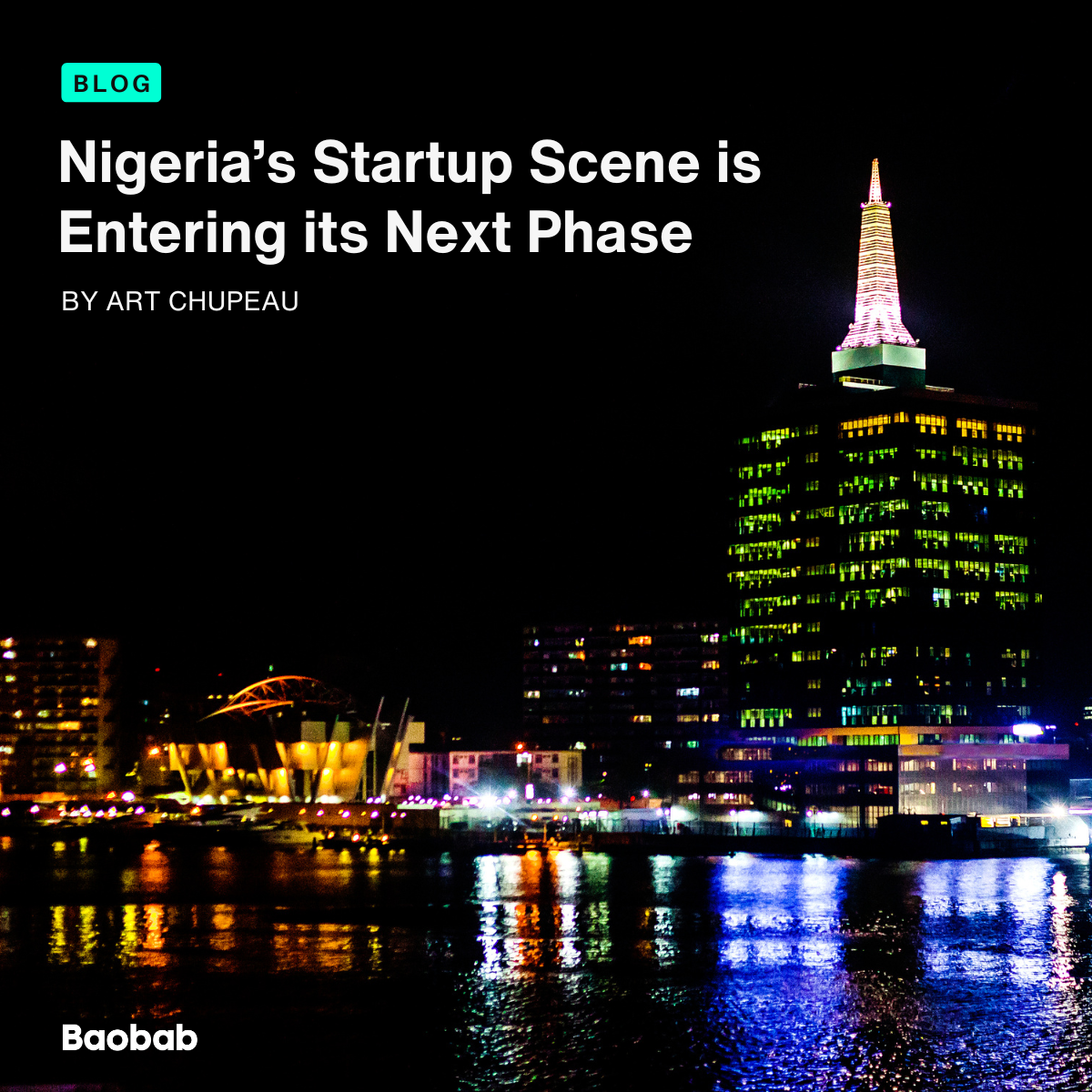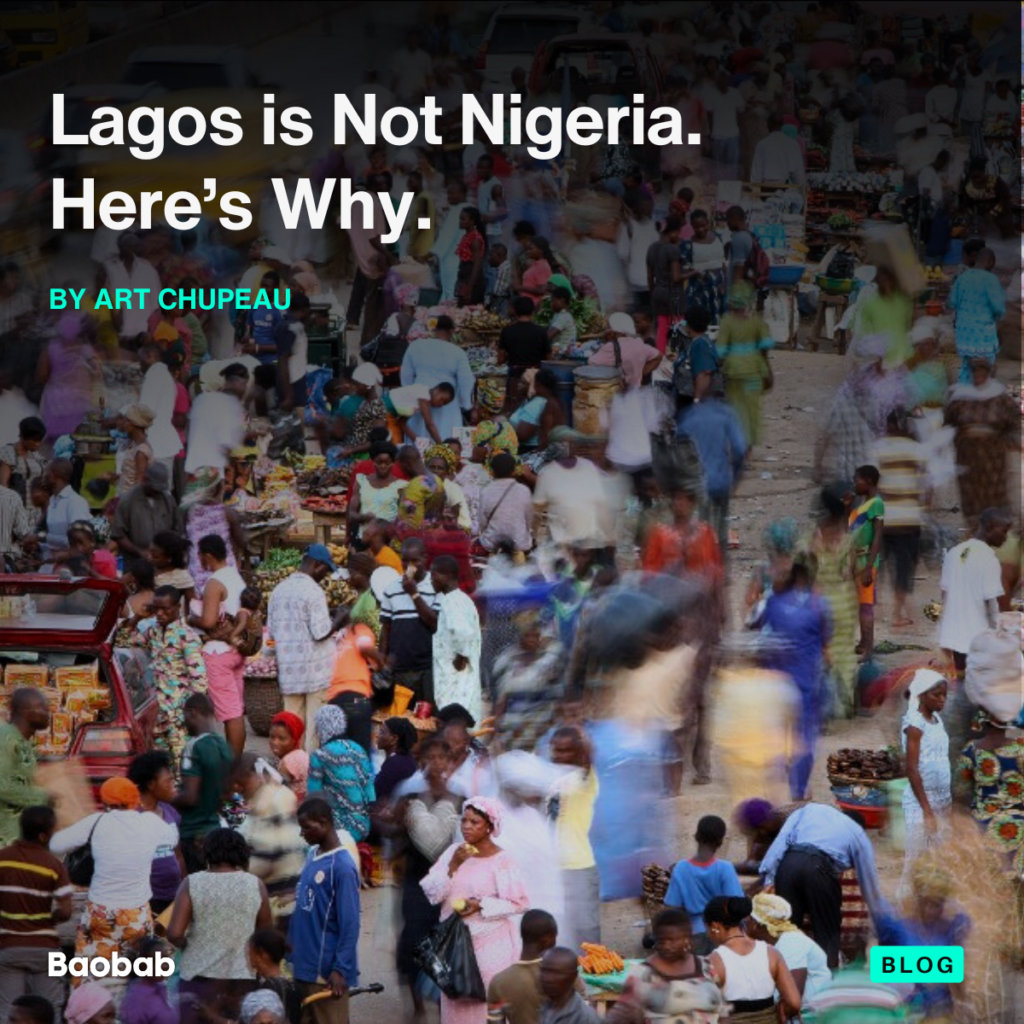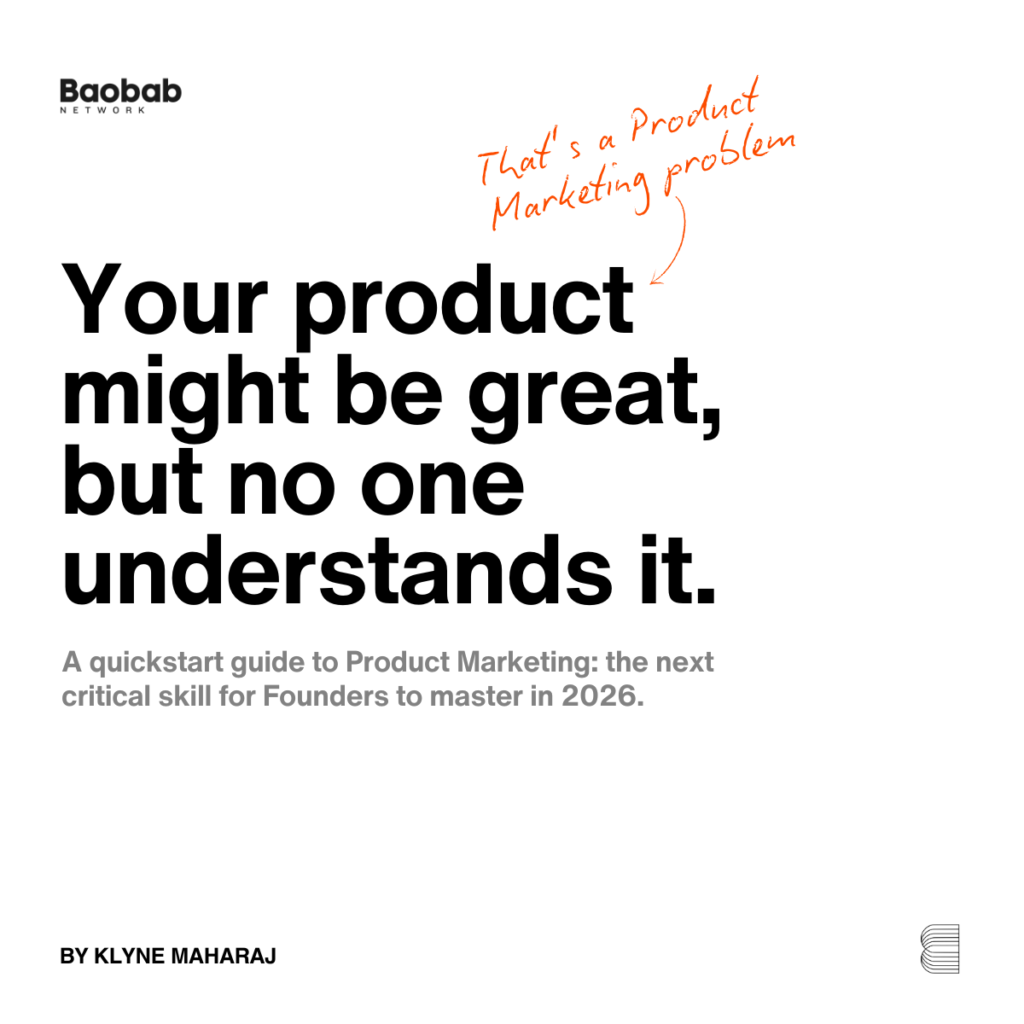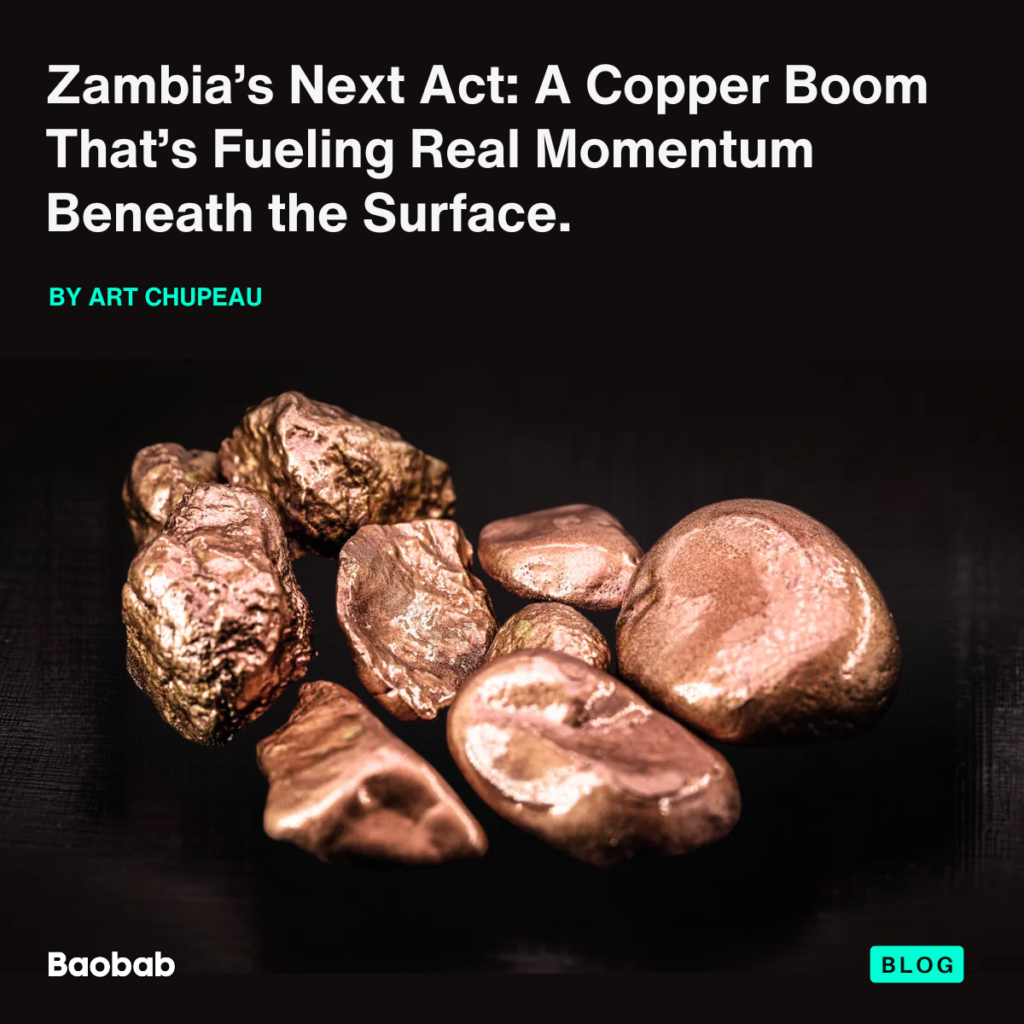Back in Nigeria – Connecting the Dots on the Ground
I’m back in Nigeria this month with Baobab Network, connecting with founders, investors, operators, and capital allocators across the ecosystem. It’s energising to be here, not just to assess market trends from a distance, but to engage directly with those building and backing the future.
There’s something about being physically present. The nuances come through differently, the tone in conversations, the urgency in founders’ voices, the subtle shift in investor language. I’ve spent the last several days moving through Lagos, taking these conversations in and reflecting on the moment Nigeria’s economy finds itself in.
This isn’t a technical economic review or a polished investor memo. It’s a reflection, anchored in voices I’ve heard and experiences I’ve had.
And yes, it might just be that I’ve met the same type of people, so by no means are my views pointing in one direction. But it’s important to share a realistic or as close as possible sense of what we’re seeing and hearing.
Thanks for reading Art Chupeau’s Insights! I chat about emerging markets, Africa, business, and more.
i. The Macro Picture – A Slow but Notable Recalibration
There’s no mistaking the fact that Nigeria is still grappling with major economic challenges. Inflation remains high, currency volatility persists, and the cost of living weighs heavily on households and businesses alike.
Yet, in many boardroom conversations, I’ve picked up a shift in tone.
“The situation has dramatically improved over the last 12-18 months.“
“The country is sorting out their economy, to the point where they can even repay debts and all.“
These are not declarations of victory. They’re signals of movement.
Some business leaders point to improvements in fiscal management, more coherence in monetary policy, and a willingness, however slow to address structural issues. There’s still caution, especially among international capital, but a sense that macro discipline is returning.
It’s not about things being fixed. It’s about things starting to move…in the right direction.
ii. From the Founder Frontlines – Resilient, Pragmatic, Focused
For tech founders, the reality is still gritty. Fundraising remains challenging, particularly for earlier-stage companies. Many are navigating higher costs, FX headaches, and tightening consumer wallets.
But what’s striking is how clear-headed and grounded many founders have become.
There’s less noise, more focus.
Less hype, more product.
Less chasing headlines, more chasing actual revenue.
Some are bootstrapping longer. Others are building for real local demand, not just pitch decks. There’s an energy that feels less speculative and more rooted in everyday pain points.
It reminds me, in Nigeria, entrepreneurship is not an aesthetic. It’s a necessity. You build because you must. You solve because no one else is going to.
A few of our founders have also been in touch with larger, high-growth start-ups for discussions around acquisition, partnerships, and knowledge sharing. So again, the signal is clear. People are cautious. No one wants to get caught in the kind of bubble we saw a few years ago; but everyone also wants to be ready if things go the right way.
iii. Everyday Realities – Hardship Meets Hope
Outside the startup and investor circles, you get a very different kind of insight.
Fuel prices have generally come down recently. As a side note, I also heard that when prices spiked a few months back, quite a number of people ended up selling their cars.
I spoke to a few people such as a waiter, a security guard, others just out and about and asked what things feel like on the ground, especially around spending. Nigeria is home to over 200 million people, and many of them speak Pidgin English, a widely used lingua franca that cuts across class, education, and region.
When I asked simple questions about the economy and everyday life, I got responses like:
“People no dey buy like before.”
(People aren’t buying like they used to.)
“Transport don cost, but we dey manage.”
(Transport has become expensive, but we’re managing.)
Pidgin has a way of distilling complex realities into a few sharp words. These phrases carry more than just economic meaning, they reflect emotion, fatigue, and adaptation.
There’s frustration, yes, but also a kind of acceptance. A belief, however hesitant, that maybe this is the worst of it. That maybe we’re starting to stabilise.
It’s not celebration. It’s endurance. And that, too, says something.
Reflections – The Thin Line Between Optimism and Survival
This moment in Nigeria feels like a threshold.
There’s a push to believe, believe that the reforms will stick, that macro stability will return, that capital will flow again, that growth will follow. But there’s also the fatigue of having believed before.
What stands out most is the coexistence of both optimism and survival.
As someone investing in early-stage ventures, this feels like a moment to listen more, assume less, and support founders who aren’t just chasing opportunities, but building resilience and sustainability into their models.
Would love to hear your thoughts. What are you seeing, sensing, or hearing; whether you’re here in Nigeria or watching from afar.



